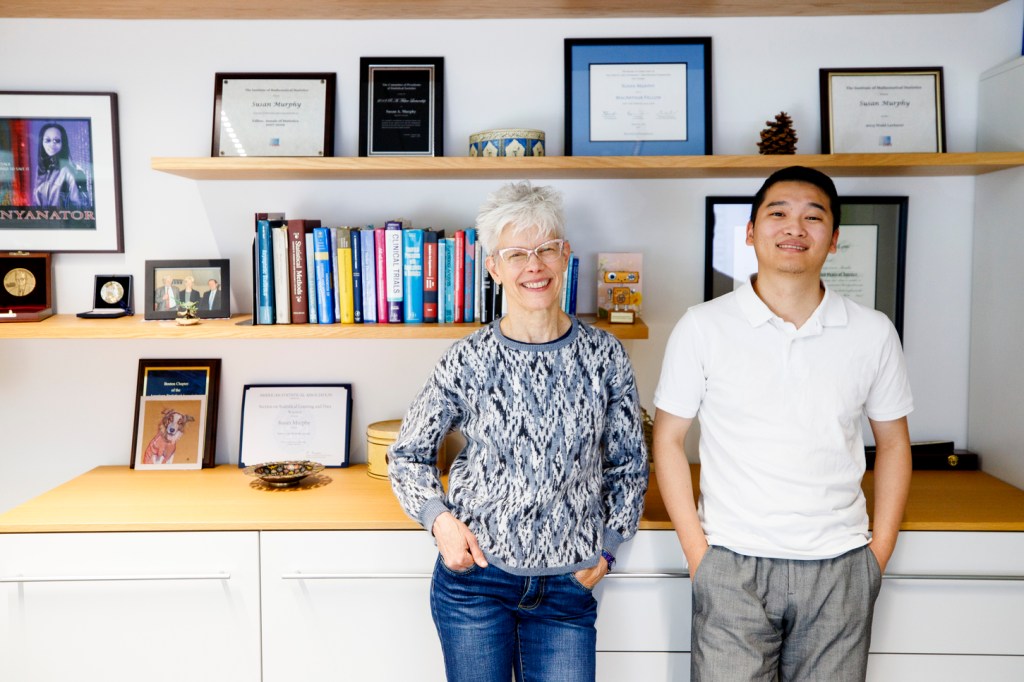Science & Tech
-

A ‘cocktail’ recipe for brain cells
Stem cell biologists discover how to regenerate type damaged in ALS, spinal cord injuries

-

When you do the math, humans still rule
Harvard’s Lauren Williams, a MacArthur ‘genius,’ joins international effort to challenge notions of AI supremacy
-

‘Imagination’
Less like a picture, more like a video game? Cognitive scientist explains how we ‘see’ what isn’t real.
-

Breaking chess’s rating stalemate
Ranking skill can be tricky when the best players draw more than they win, so a Harvard statistician invented a new method

-

How AI deepfakes have skirted revenge porn laws
Limits unclear when explicit images of individuals look real, but are digitally generated
-
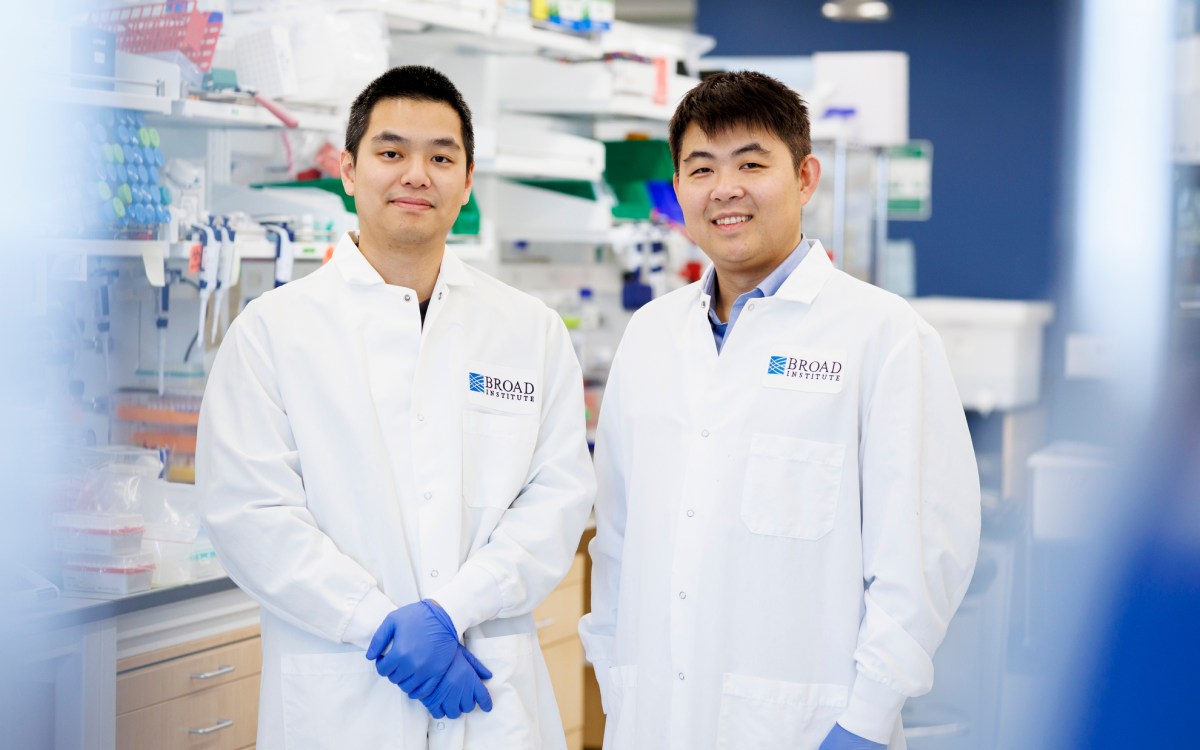
How did that cancer cell become drug-resistant?
Researchers find way to create microscopic archives of gene activity to gain insights into how, why changes happen

-
Hot dispute over impact
Harvard team argues oldest meteorite strike to Earth may be more recent, smaller than claimed; site may offer hints on asteroid craters, life on Mars

-
Long in the tooth
Research finds 18-million-year-old enamel proteins in mammal fossils, offering window into how prehistoric animals lived, evolved
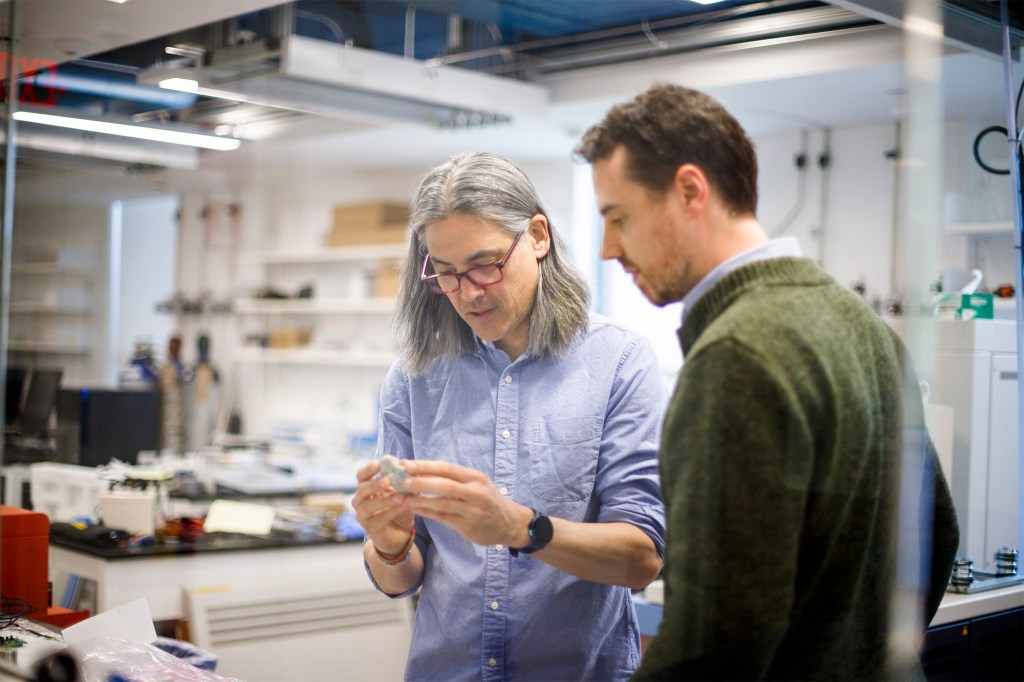
-
3 tech solutions to societal needs will get help moving to market
Projects targeting heart health, data demands, quantum computing win Grid Accelerator awards

-
Mounting case against notion that boys are born better at math
Elizabeth Spelke studies French testing data, finds no gender gap until instruction begins
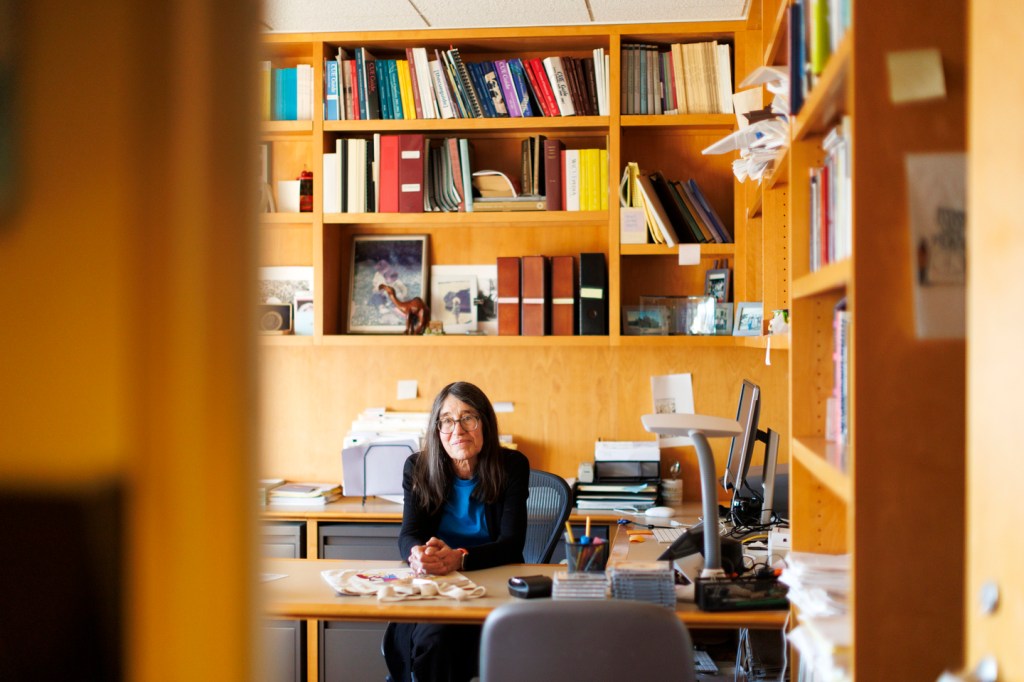
-
Highly sensitive science
David Ginty probes pleasure and pain to shed light on autism and other conditions
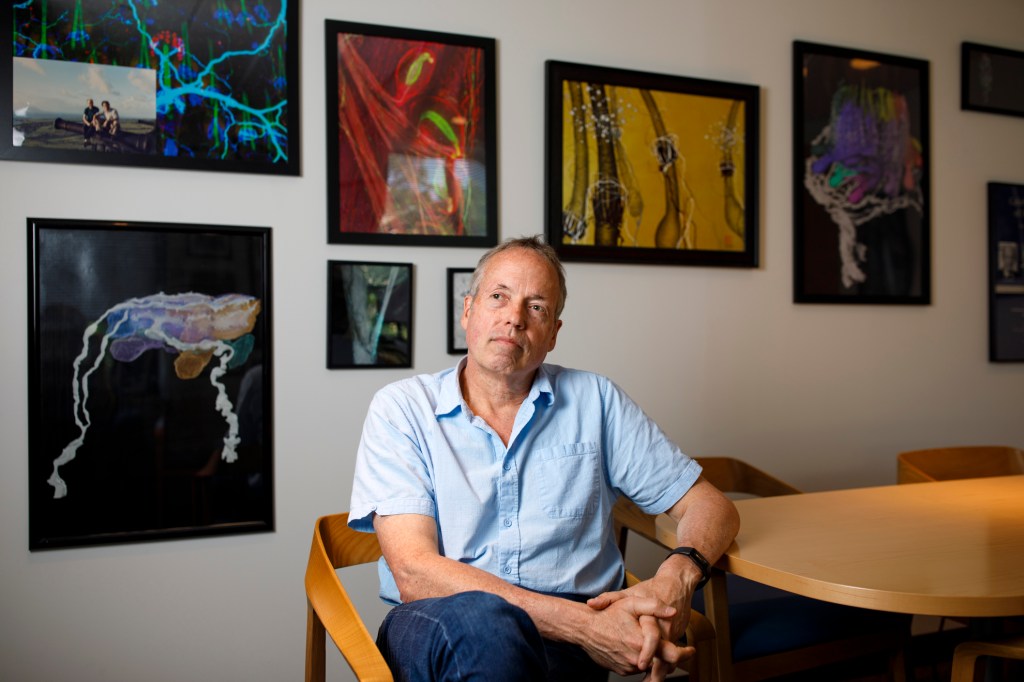
-
Can AI be as irrational as we are? (Or even more so?)
Psychologists found OpenAI’s GPT-4o showing humanlike patterns of cognitive dissonance, sensitivity to free choice
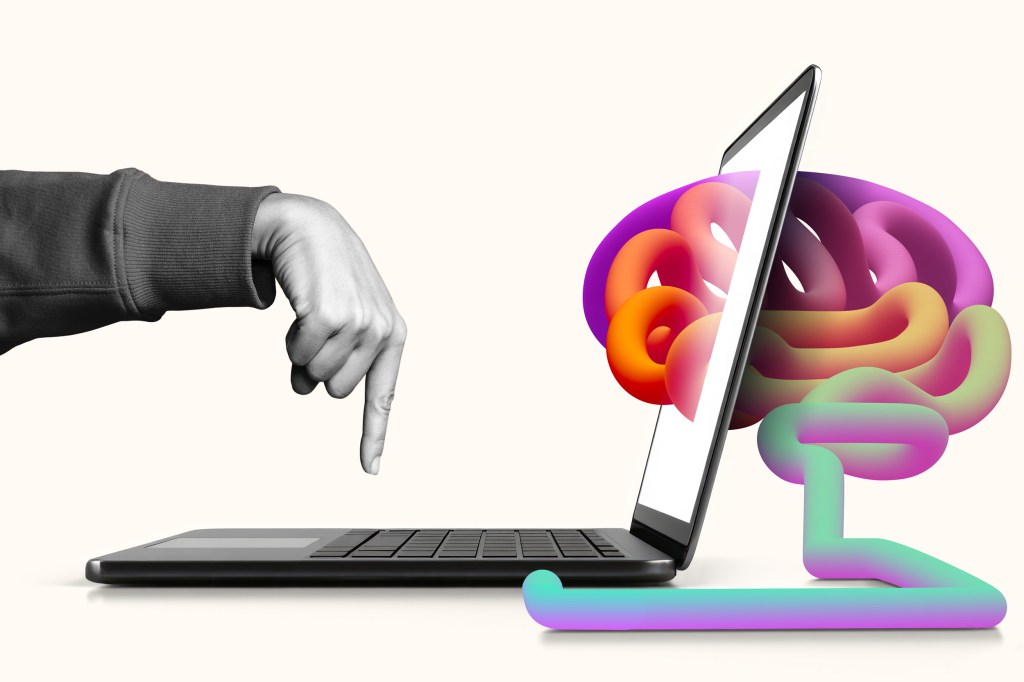
-
Stealing a ‘superpower’
Study finds some sea slugs consume algae, incorporate photosynthetic parts into their own bodies to keep producing nutrients
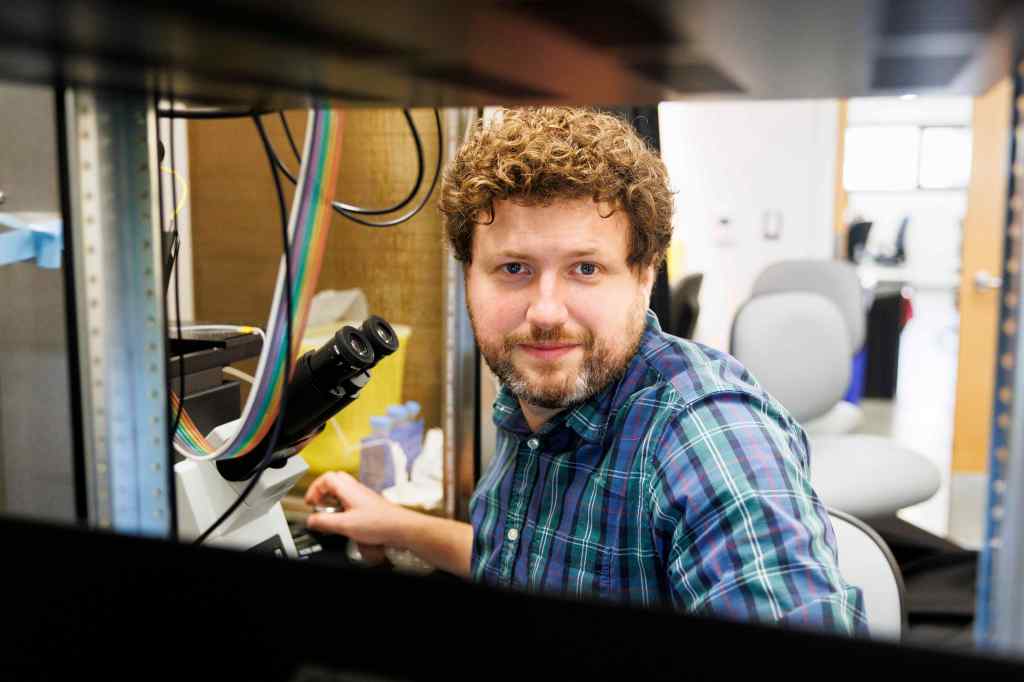
-
Reading skills — and struggles — manifest earlier than thought
New finding underscores need to intervene before kids start school, say researchers

-
Shining light on scientific superstar
Vera Rubin, whose dark-matter discoveries changed astronomy and physics, gets her due with namesake observatory, commemorative quarter
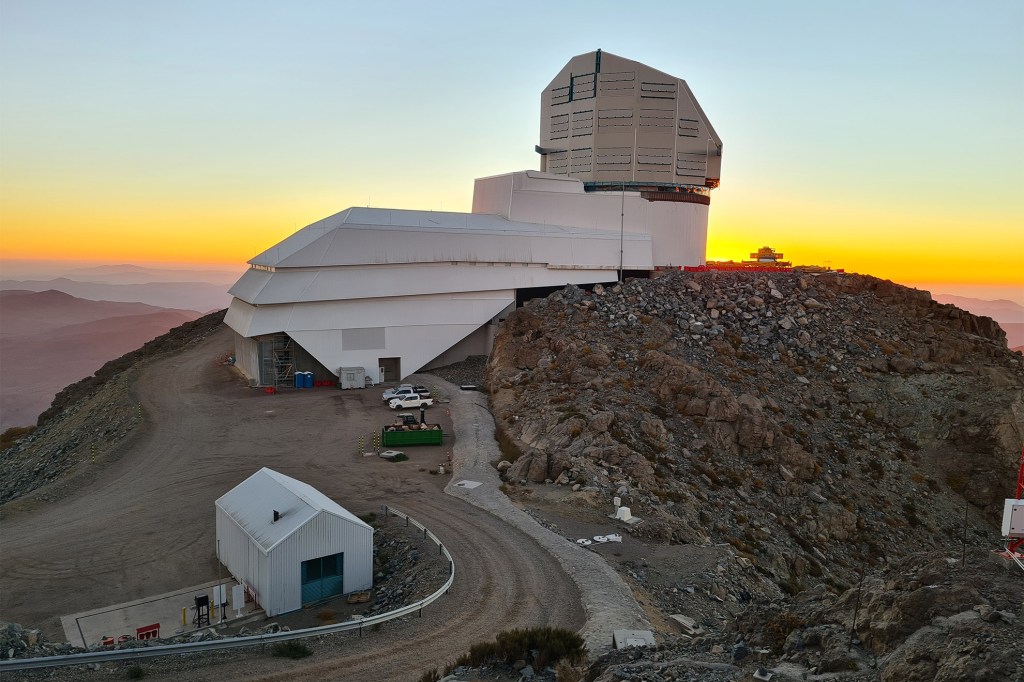
-
A taste for microbes
New research reveals how the octopus uses arms to sense chemical clues from microbiomes
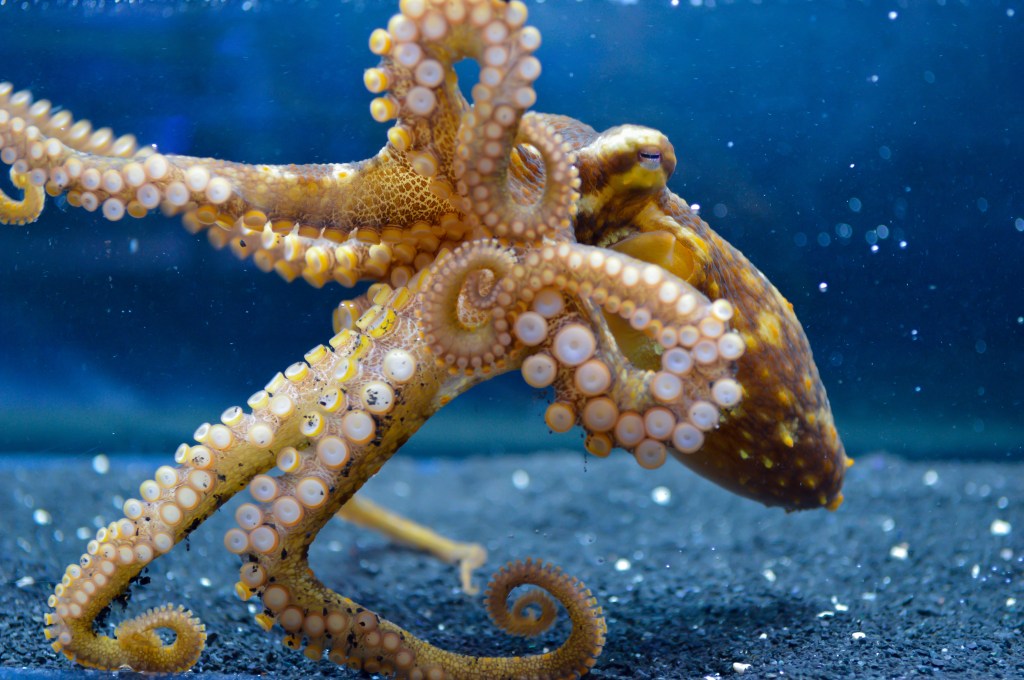
-
Out of sight but not out of mind
By 15 months, children can learn the names of objects they’ve never seen
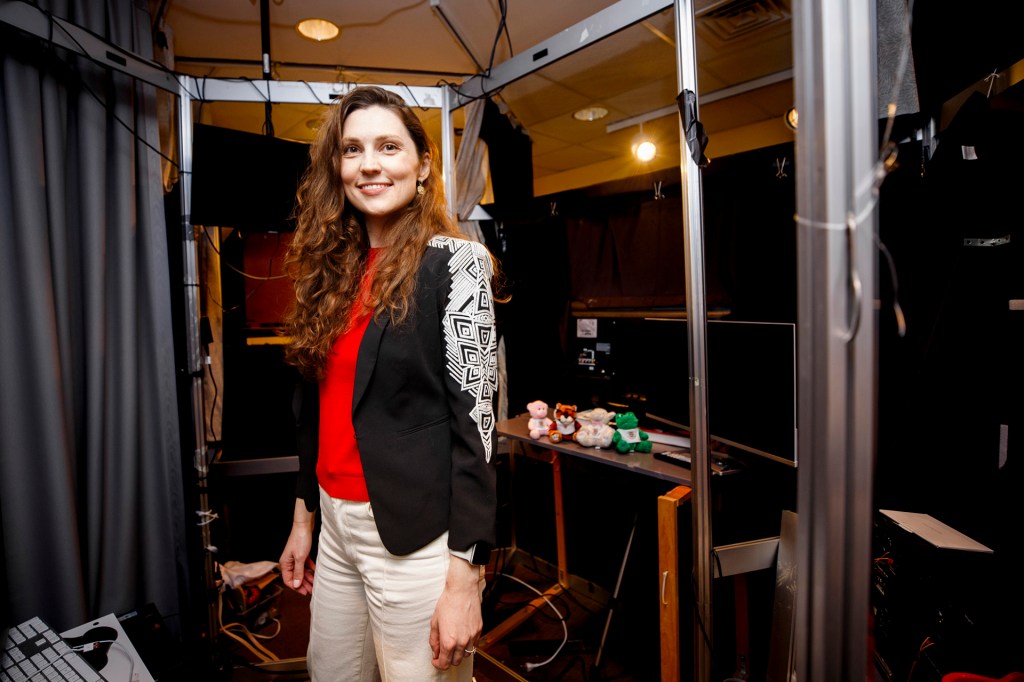
-
A step in fight against tick-borne disease
New molecular method differentiates sexes, reveals whether females have mated
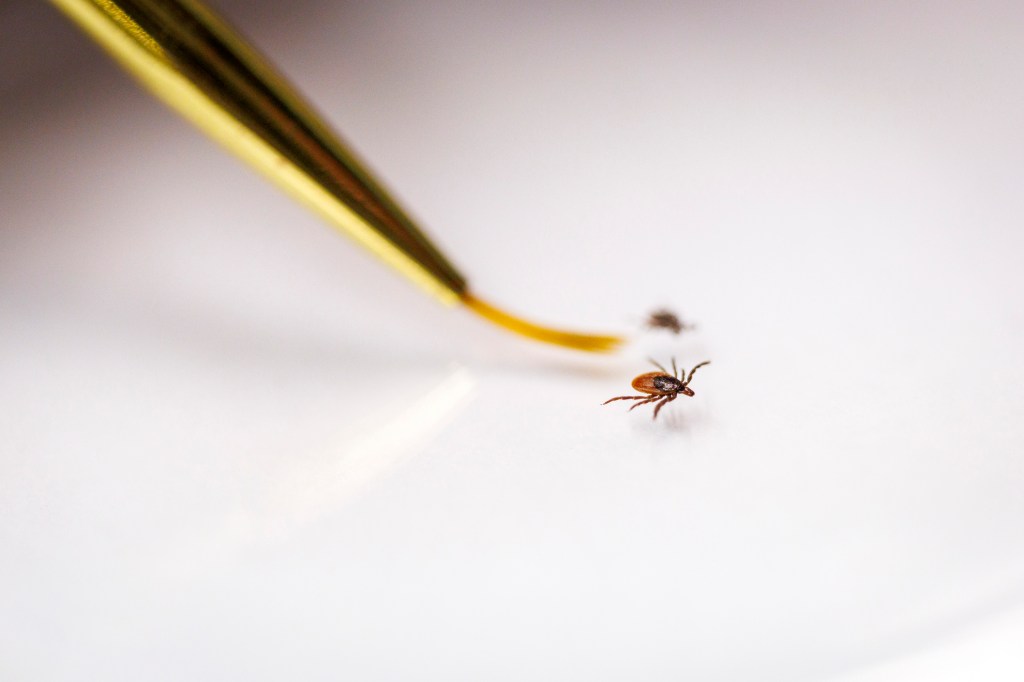
-
Still waiting
75 years after Fermi’s paradox, are we any closer to finding extraterrestrial life?
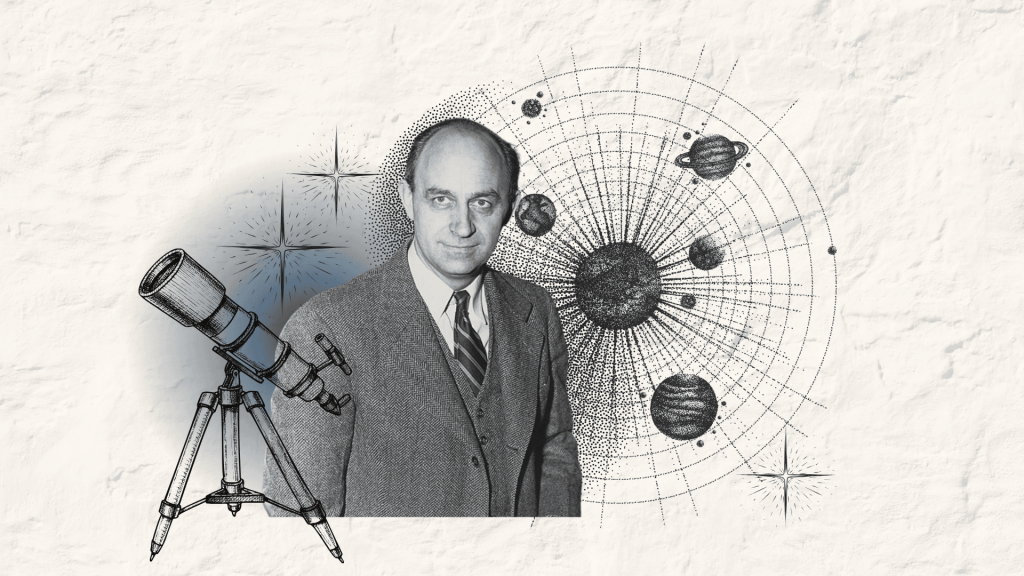
-
Numbers tell one story about climate change. People tell another.
Policy expert Dustin Tingley studies transition to renewable energy, knows from work, life how economic shifts rattle through communities
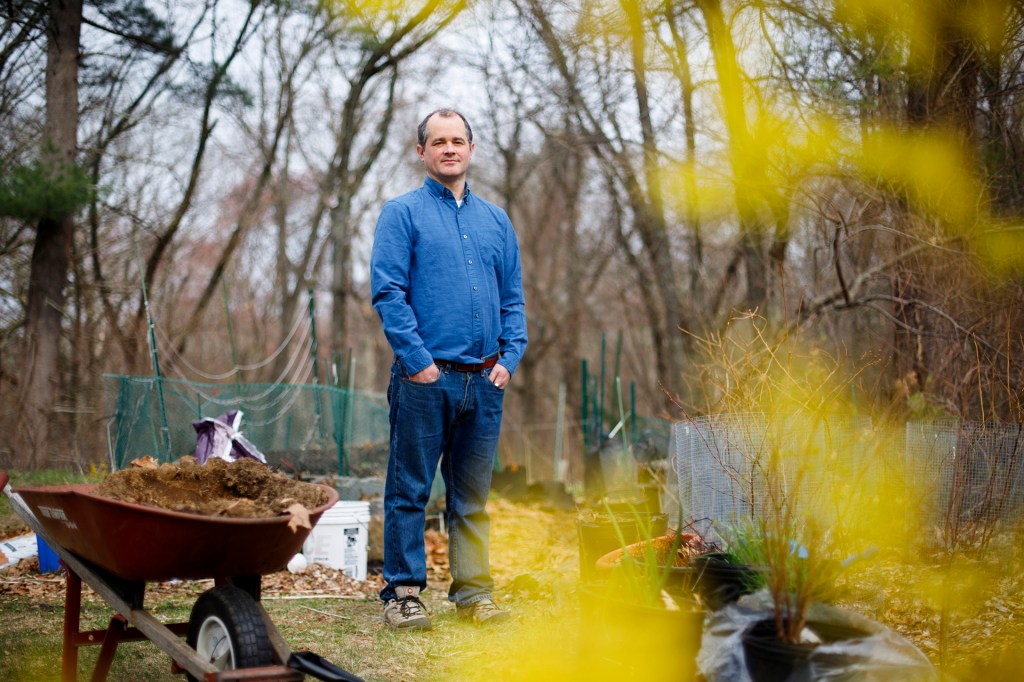
-
Social media fueled divisions. Teaming up may help heal.
Study finds pairing members of opposing parties on the same side to compete in specially designed quiz eases partisanship
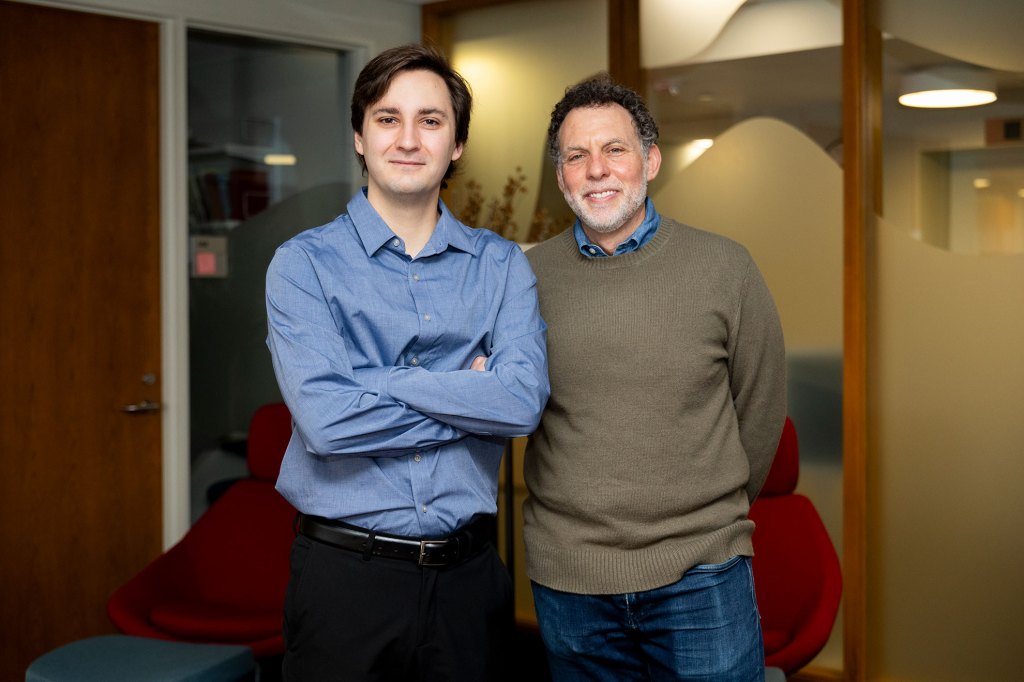
-
‘We’re still standing … We can still do important work’
Climate researchers wrestling with losses of federal funding, data, and key tools

-
Why are you cursing?
Steven Pinker breaks down the history of taboo words, different categories of swearing, and the meaning conveyed by a bleep
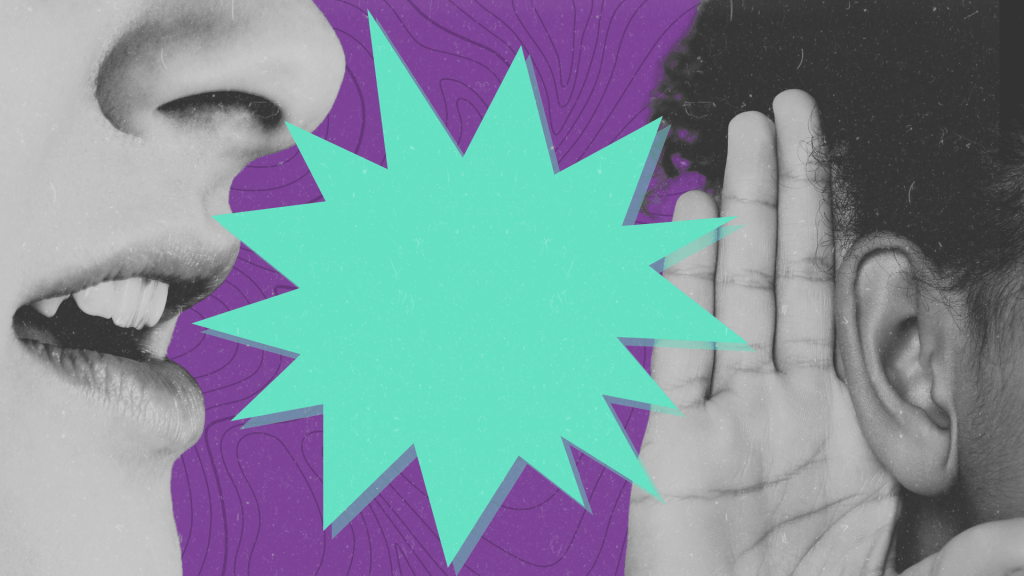
-
Science that gives humans more say over their destinies
David Liu’s gene-editing technologies demonstrate game-changing potential in two recent cases

-
Chance to branch off in new directions
Seven novel research projects awarded grants by Star-Friedman Challenge
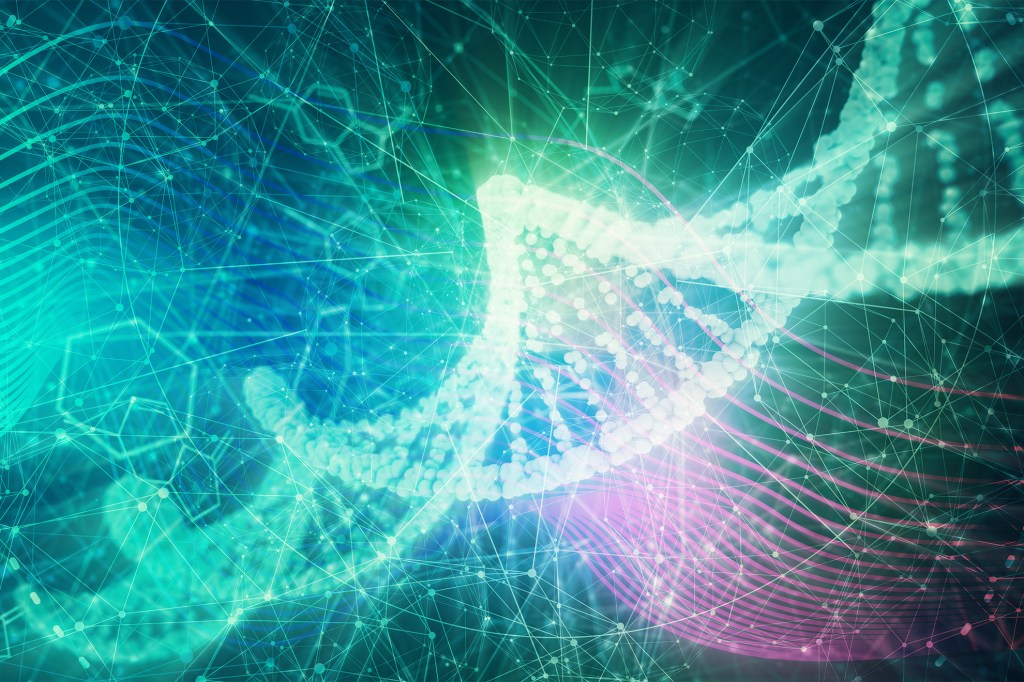
-
‘We have a way of steering a fly like you would a car’
Geneticists find method to turn tiny bugs into living robots
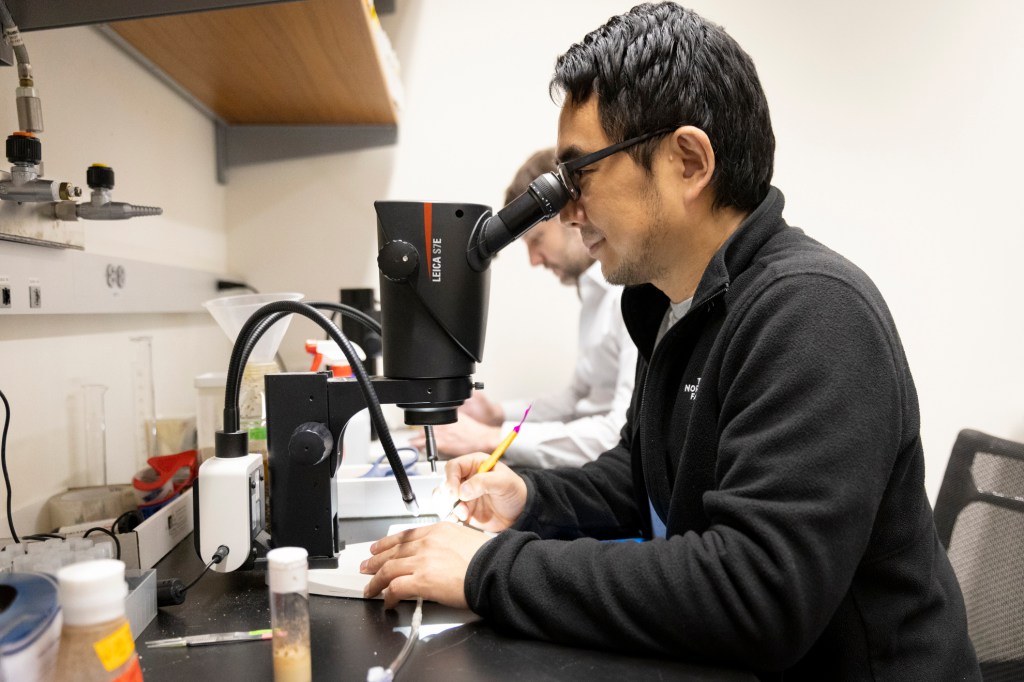
-
How do extremists get that way? Probably quite naturally.
In new book, neuroscientist Leor Zmigrod traces connections between brain biology, political beliefs

-
Experts see a ‘low information’ reversal of U.S. climate leadership
Salata panelists warn that damage from executive orders and cuts to research funding won’t be easily overcome

-
‘I can just copy-paste things, so do I really need to learn?’
Panelists in University-wide symposium explore promise, peril of AI in academia
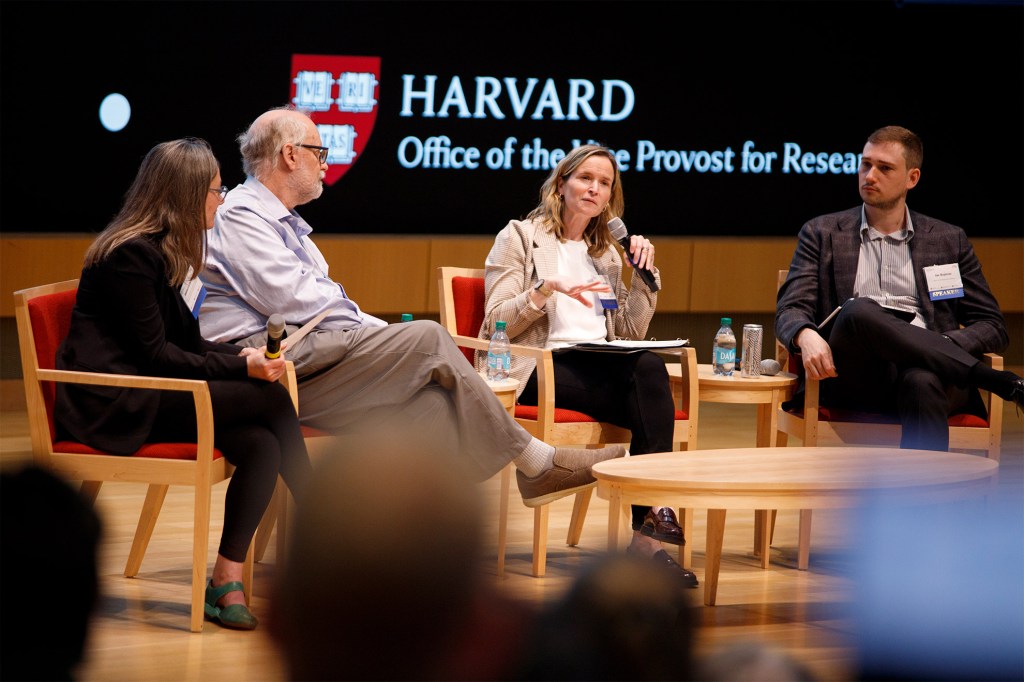
-
Strange galactic facts
Test the limits of your cosmic IQ by taking our quiz based on Harvard astronomy research

-
Know how those tech moguls want us to go to Mars? Ignore them.
Astrophysicist says they may have more money than you, but they don’t know anything more about future than anyone else
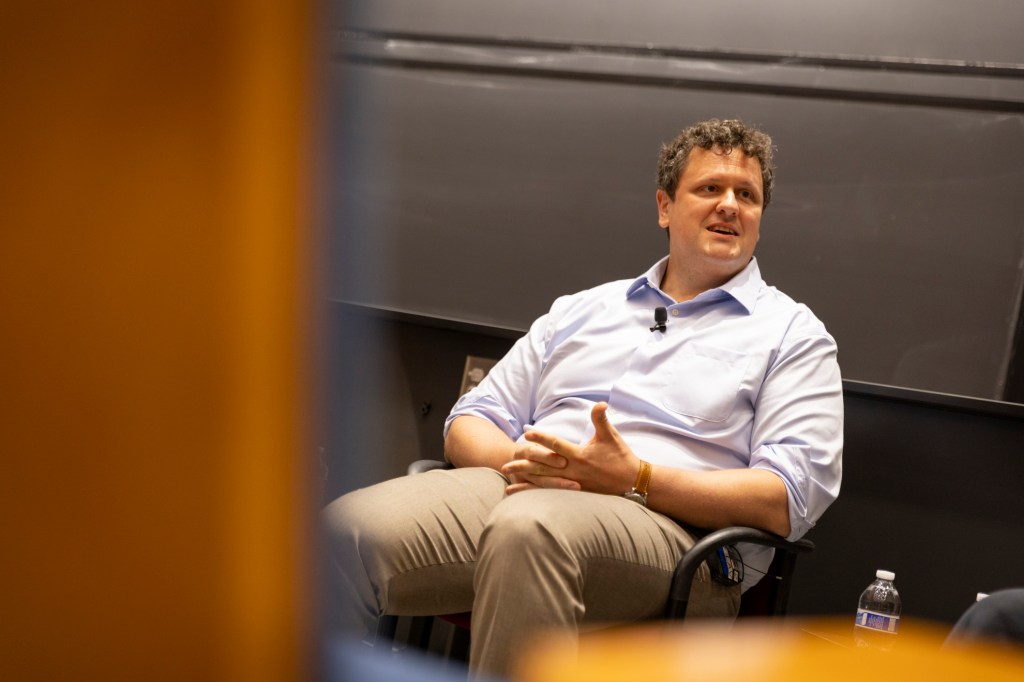
-
Turns out, bonobos ‘talk’ a lot like humans
Researchers compile dictionary of vocalizations suggesting the animals use equivalent of word compounds, phrasings to communicate complex social situations
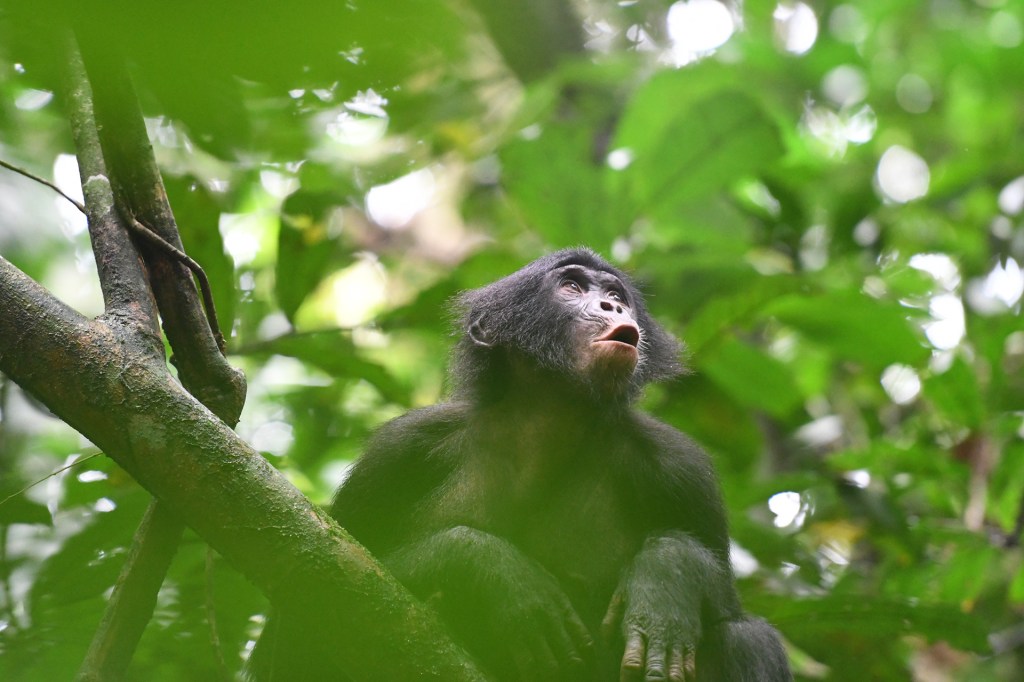
-
He got the stop-work order. Then the scrambling began.
Wyss’ Don Ingber details rush to hold onto consequential projects, talented researchers — and system that has driven American innovation
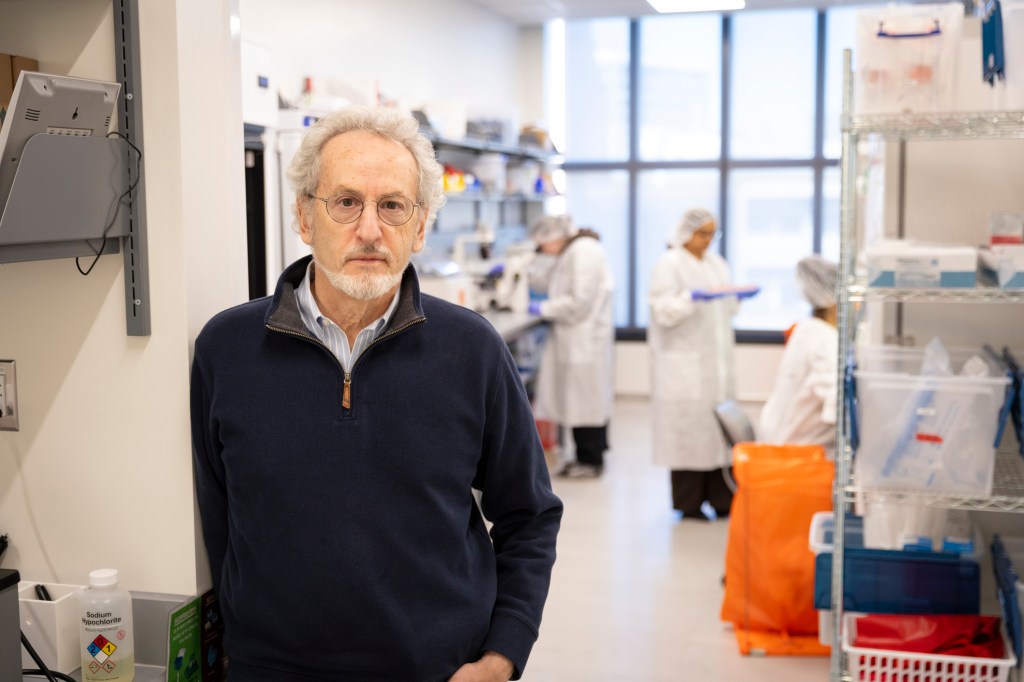
-
Long trail from 1992 discovery to 2024 Nobel
Gary Ruvkun recounts years of research, which gradually drew interest, mostly fueled by NIH grants
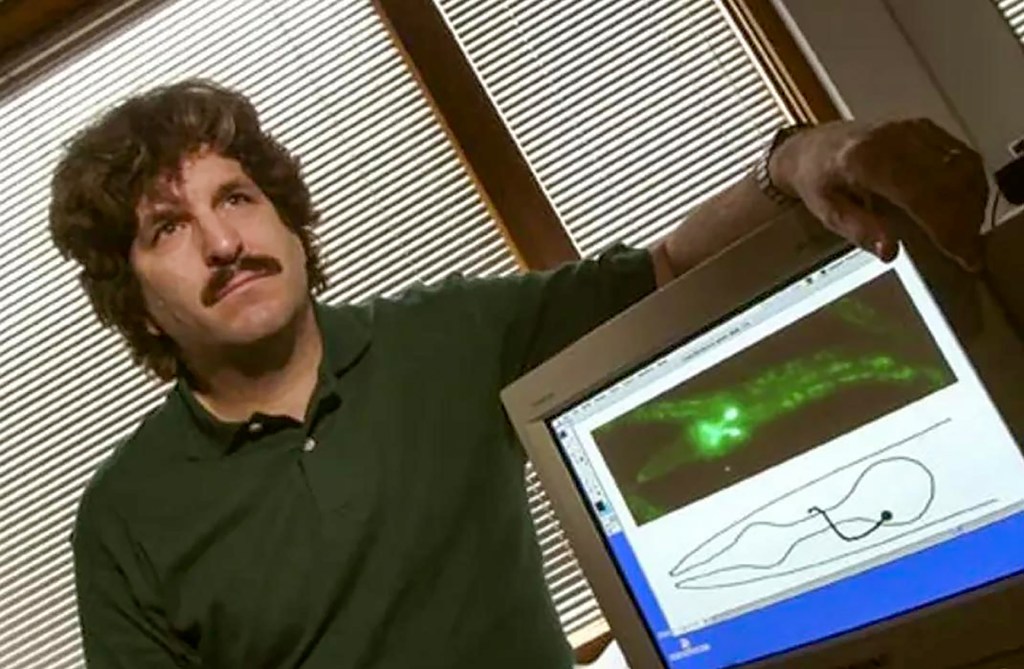
-
Hunting a basic building block of universe
Researchers find way to confirm existence of axions, which make up dark matter
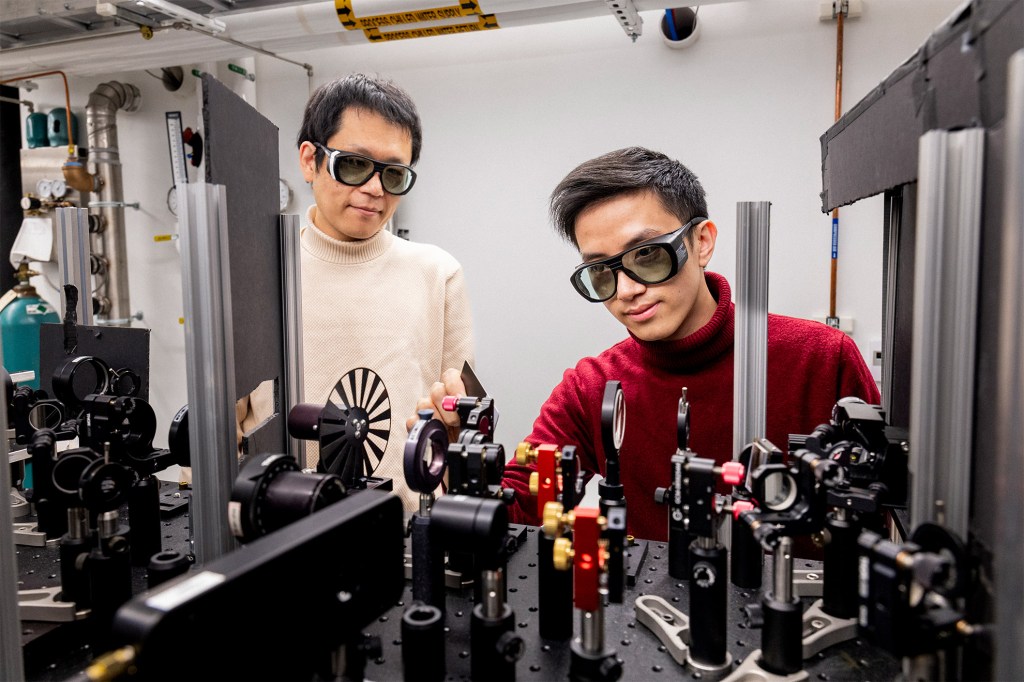
-
Like having a personal healthcare coach in your pocket
New apps for cancer patients, cannabis users, others make use of algorithms that continually customize support
